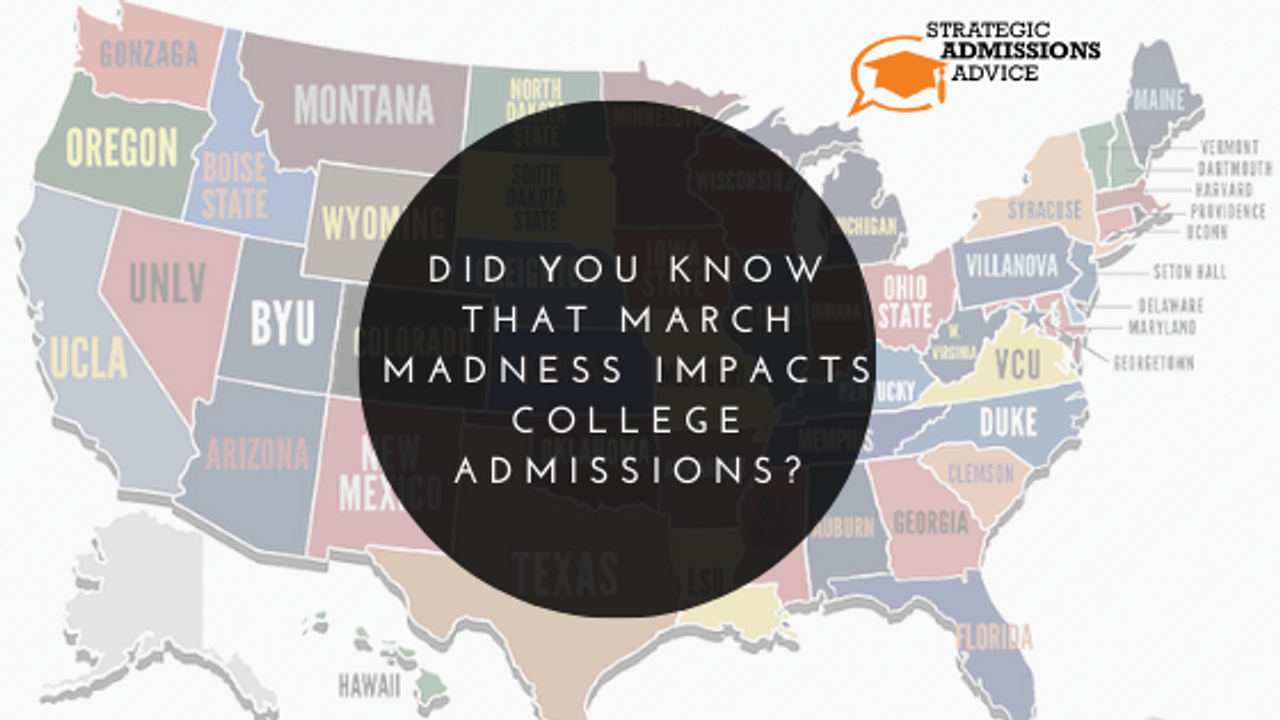Class of 2022 : How to Avoid "Senioritis"

Class of 2022!!!!!
Don’t do it…….
YES, I encourage all of my students to celebrate their acceptances and keep their eyes squarely focused on the goal: a college education. But there’s a problem going on that everyone needs to be aware of: slacking off from high school is recipe for disaster as well as a sign of immaturity.
The colleges that have accepted young adults, older teenagers, not kids who cannot discern right from wrong. Yes, mistakes can happen and adjustments can be made, but be the person and student who applied three or four or five months ago - the one “College X” accepted - follow these simple rules:
Put in the work. Every coach, tutor, teacher and parent you have ever had has told you ...
Summer Ideas for Teens

Volunteer. Yes, community service is still “in,” but it’s now called “civic engagement.” Regardless of the name, it’s the right thing to do, as long as it’s genuine. Being a giver is always en vogue, thus encouraging (forcing?) your kid to share his/her abilities and talents with others will be noticed on their application and offers a talking point for interviews and essays.
Earn a (summer) living. Work is for the worthy. Students need to know what it means to be somewhere everyday and report to someone. Showing commitment and responsibility is a sign of growth and maturation. As your child enters young adulthood, these are crucial attributes.
Embrace Entrepreneurialism. We now live in a wor...
College Admissions Advice: What you can do now to help your child later
Figuring Out Freshman Year
Here are some tips. Please share with your kids!
-
Start to document activities, academic and extracurricular accomplishments, summer and work experiences.
-
Focus on time management skills: When will you do homework? How much time does it take you to complete homework thoroughly? What are you doing with your free time?
-
Discuss summer opportunities (e.g., a job or a summer course) with your school counselor and parents and research them on your own.
Strategies for Sophomore Year
Has your child taken the PSAT yet? Pre-ACT? Does your school offer either one or both?
https://parents.collegeboard.org/college-board-programs/psat-10
https://www.act.org/content/...
March Madness Can Make Colleges More Rejective

I am almost certain that after winning the NCAA men's football championship last year, the University of Georgia will have its largest applicant pool ever. Many schools reap the benefits of more applicants when their men's sports teams do well. Within our company we have seen a spike in applications to Vanderbilt, Wake Forest, UVA and Northwestern. Why? Because, as one student told me, “that’s where the smart jocks go.”
Beware of Rejective Colleges
Harvard, Princeton, Yale, MIT, Duke, Brown, Northwestern, Vanderbilt……
These names are the most familiar in our culture about being the best and for many of us, the places where we want our kids to go.
Why?
Because they have tons of money, lots of r...
Choose Your Courses Carefully In High School

Anyone in the college admissions profession will tell you that a student’s transcript is the most important piece of the college application. It aims to be a four-year reflection of how a student has achieved in the classroom. Student achievement is most related to the courses they take and how the information is shared and digested. If a student is not processing the material well, then either the teacher is not presenting it in a way that correlates with their learning style or it may be above what they have been prepared to handle.
Choosing challenging and appropriate high school classes is the backbone of a strong transcript. Understanding innate strengths and weaknesses help students and families...
College Interview Preparation For High School Seniors

The key to a college interview is preparation. It's always important for your child to show their best self, and to ask questions, and share thoughts or concerns about the school or overall college process.
To Do’s (tell your kids this!)
-
Ask questions (see below)
-
Make and maintain eye-contact
-
Listen attentively
-
Show enthusiasm
-
Be honest
-
Be specific and offer concise responses
-
BE YOURSELF!
QUESTIONS WORTH ASKING IN AN INTERVIEW
-
What is the average class-size (especially in my field of study?) And how does it change from freshman to upper-class years?
-
What are the internship opportunities?
-
What happens here on weekends?
-
How about current...
It’s Never Too Early To Start

If your child wants to be a candidate at selective colleges in a few years, here are some important things to do:
Select challenging courses. It is imperative that students take courses that will appropriately “stretch” them. Getting good grades is paramount, but if your child takes easier courses than they can probably handle, colleges will know and not be impressed.
Encourage them to get involved with a variety of activities.
Do not allow your child to become a “two-stop” (home and school) kind of kid. Colleges want students who will contribute to their college communities. The best way to show that is for them to contribute to their high school community.
Understanding the testing timeline...
West Coast Best Coast? 4 Things to Consider When Building a College List

These days, more and more East Coast families are becoming more comfortable with the idea of considering a college on the West Coast as they build their college list. Whether this is influenced by the seemingly better weather or the idea of better economic opportunities post-graduation, it is important that your family carefully consider additional factors before making the decision to apply and attend a West Coast institution. Below you will find a list of four things to consider:
-
Distance from home. If you are located on the East Coast, attending college in California/Washington/Oregon will not be a quick drive away. Instead, approximately 3,000 miles will stand in the way of an impromptu week...
Is Early Decision Right for Your Kid?

Let’s start with what Early Decision is and how it’s different from Early Action.
Early Decision (ED) is binding and if accepted the student must withdraw all other applications. Early Action (EA) is not binding and the student is free to apply to other colleges and does not have to accept the EA offer until May 1st.
I’ve said it before and we’ll say it again, having a wise Early Decision (ED) strategy is critical to students getting admitted to their first choice schools. For years, with a few exceptions, ED offers students the best possible admissions odds.
In college admissions, especially in early round admissions statistics. For example, just last year, almost 50% of UPenn’s, Dartmouth...
Why October Matters for All High School Students




